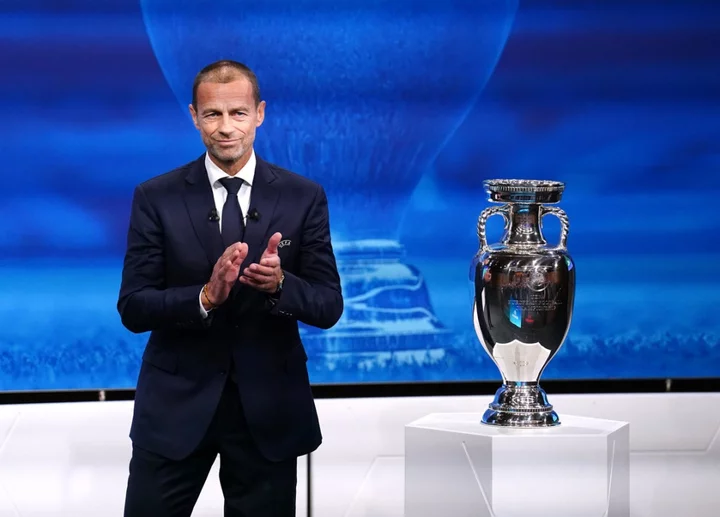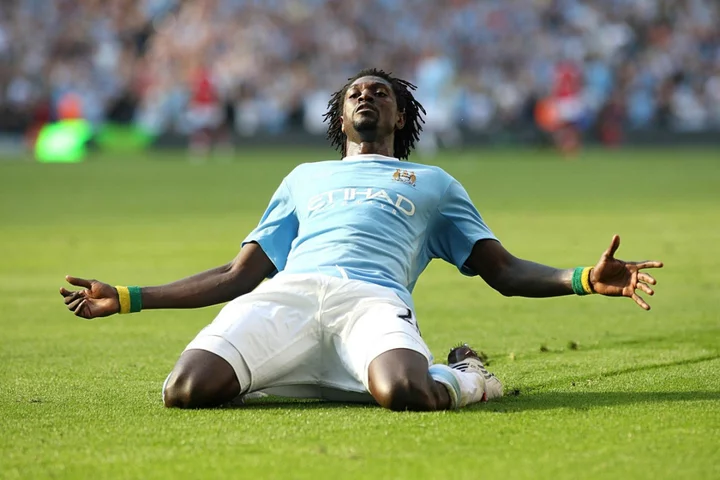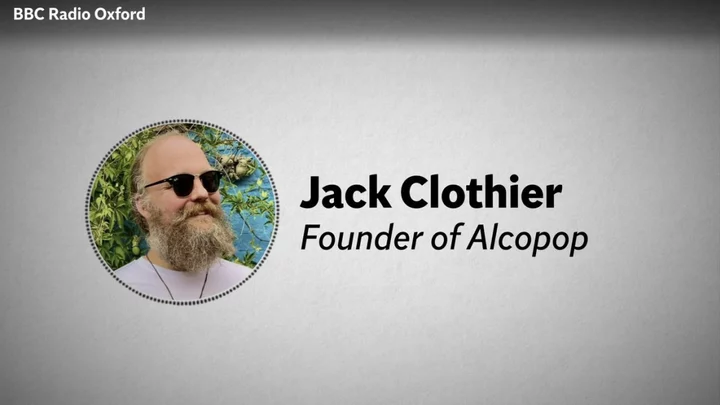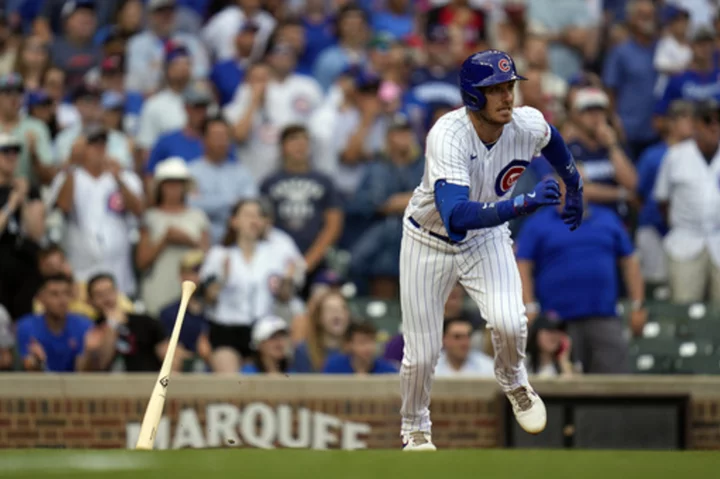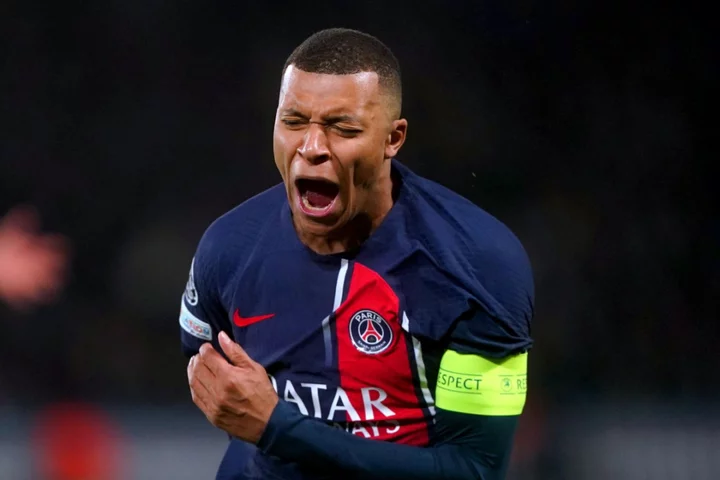A controversial plan to admit Russian under-17 teams to Uefa competitions amid the invasion of Ukraine has been shelved.
In late September, a motion passed by Uefa’s executive committee had asked the organisation’s administrators to look at a “technical solution” to enable the under-17 boys and girls teams to enter qualification for finals tournaments due to take place in Cyprus and Sweden next year.
A number of associations, including the English Football Association, had announced their opposition to the plan, insisting that England teams would not line up against Russian opponents under any circumstances.
The formal readmission of Russian teams had been on the agenda for the executive committee meeting on Tuesday which also decided on hosting for the men’s Euros in 2028 and 2032.
Uefa’s plan was for matches to have to be played without the flag, anthem or kit of the Russian national team and not on Russian soil. Uefa had also stated their belief that “children should not be punished for actions whose responsibility lies exclusively with adults and is firmly convinced that football should never give up sending messages of peace and hope.”
However, a Uefa spokesperson said: “The agenda point was withdrawn as no technical solution to allow Russian teams to play could be found.”
The Fifa council had also approved the return of Russian teams to its competitions last week, but that decision is now effectively rendered redundant as the European competitions act as the qualification pathway to the global events.
Fifa and Uefa originally banned all Russian national teams and clubs from their competitions in February last year within days of the Russians launching their invasion of Ukraine.
St Petersburg was due to host the 2022 Champions League final, which was switched to Paris, and this summer’s Super Cup was moved from Kazan to Athens, while Uefa has announced that Warsaw will host the 2024 Super Cup.
Additional reporting by PA
Read MoreThe Body in the Woods | An Independent TV Original Documentary
The harrowing discovery at centre of The Independent’s new documentary

